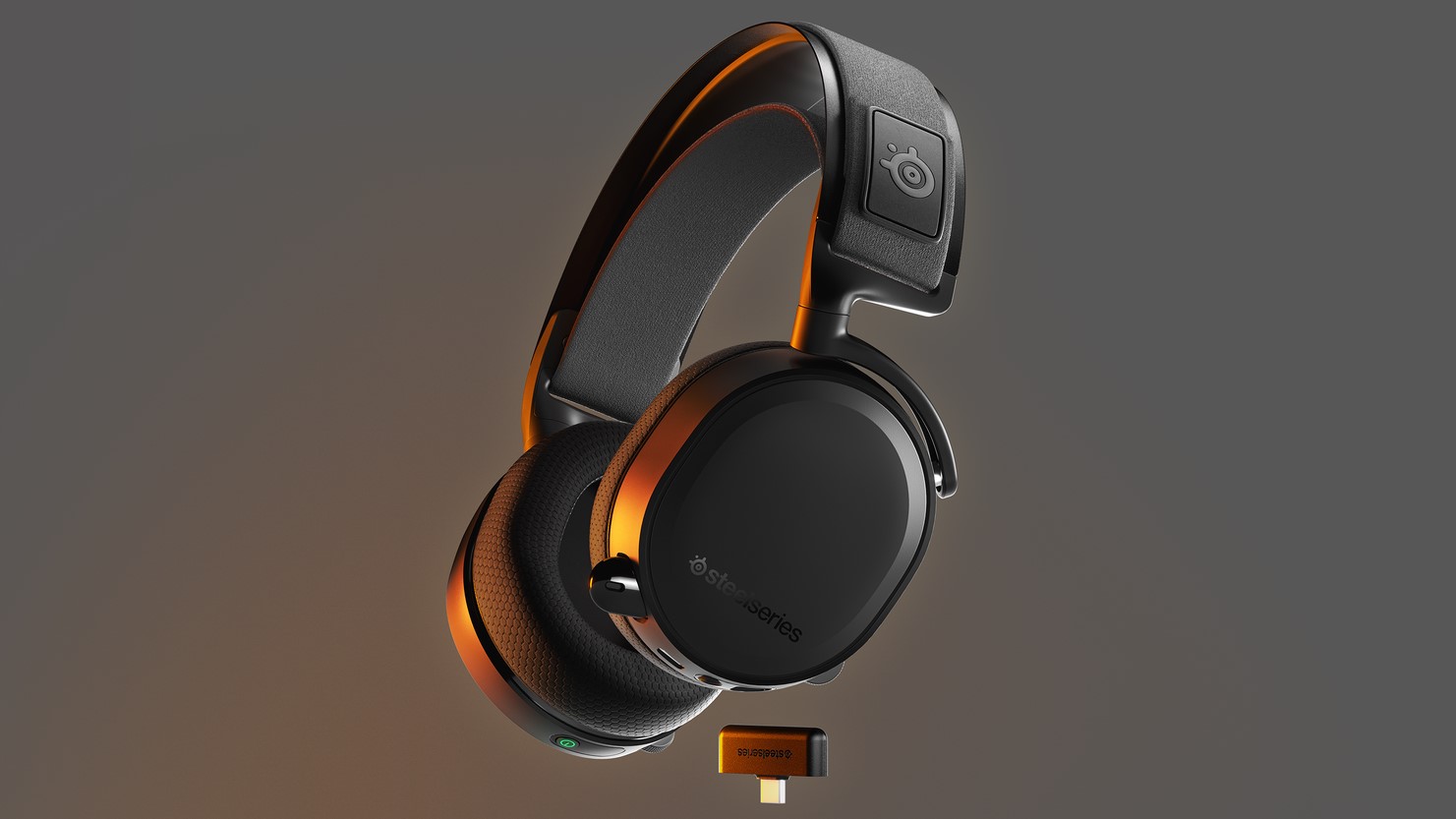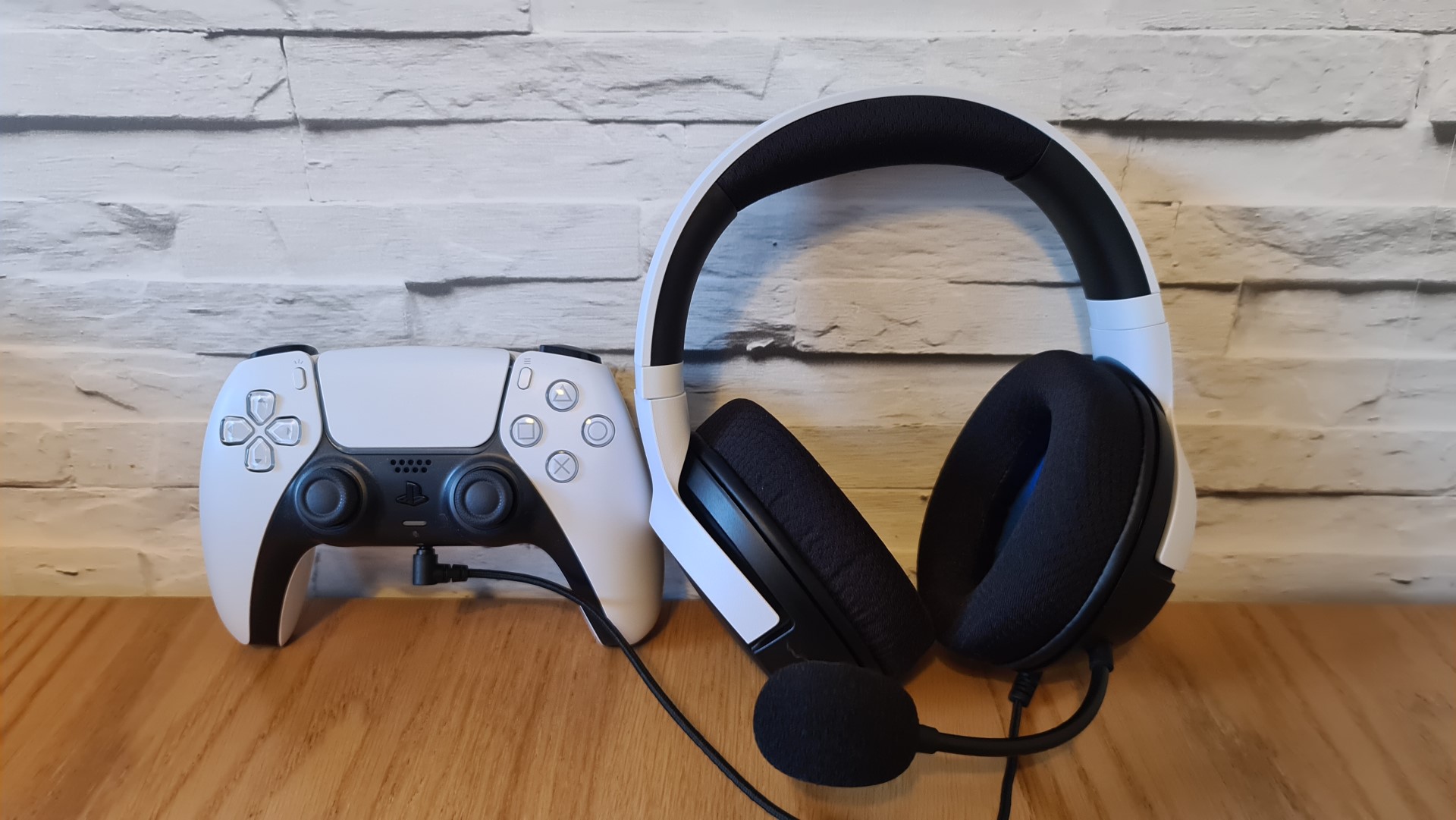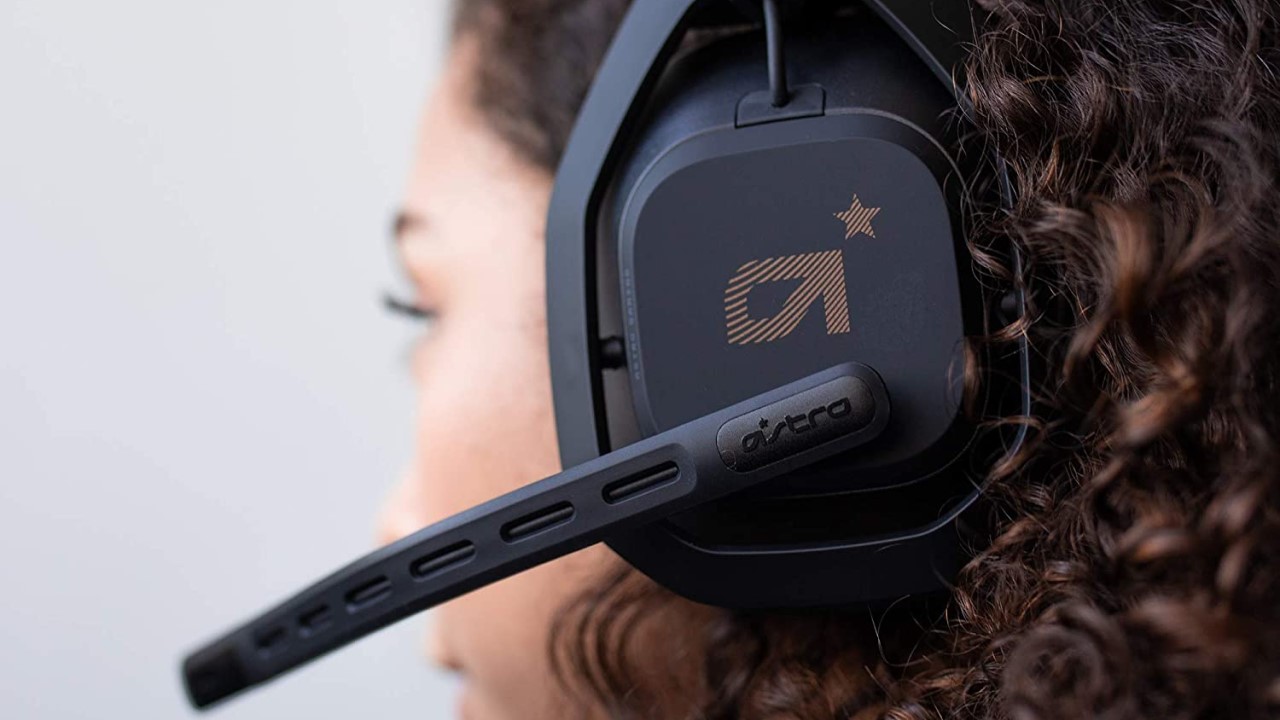
Whatever platform you play on, you'll undoubtedly have had to decide between a wired or wireless gaming headset at some point - or you may well have to the next time it comes to upgrade your audio.
And while the bona fide, performance differences have narrowed dramatically over the past few years, it's always best to assess the lay of the land of wired vs wireless gaming headsets whenever you're thinking of a new acquisition. When cords were starting to be cut on headsets, these differences were greater and the performance chasm was vast. Nowadays, the best wireless gaming headsets have caught up with the best gaming headsets still rocking cables, and there really is something for everyone.
With every platform having top headset contenders, and with each of those groups having wired and wireless gaming headset splits, it's almost tougher than ever to pick the wheat from the chaff. That's why we've come in at the ground level, pointing out the key differences between wired and wireless headsets to get you on track for the right decision.
TL;DR: Wired vs wireless gaming headset compared
Wired gaming headset
- Zero latency
- No charging needed
- Regularly cheaper
- Sometimes extra controls on-cable
Wireless gaming headset
- No cables to get in the way
- Neat and tidy
- Greater freedom of movement
- Good battery life
Wired vs wireless gaming headsets: what's the difference?
Much like other gaming peripherals with cable-free options - controllers, mice, keyboards, etc - the go-to comparison of response times and latency between wireless and wired headsets is no longer an argument worth having (really). That's particularly true for most folks who play games casually with friends. There might be some worthy chat to be had on it if you really are looking for every microsecond to matter, or if you're playing competitively, but for the most part, modern wireless headsets have solid enough connections that you'll be flying.
With the gap in performance and audio latency largely cast aside with the modern wireless connections, the big differences often come under what could be classed as 'setup preference'.
For example, going wireless is so much neater and tidier. And this is particularly the case on console. While using PC headsets for gaming can allow you to ditch the cable quietly around the back of a monitor or desk, having a wired headset running from your head to your controller (and coiling in the middle) can be exactly as annoying as it sounds. This kind of affair can often drive folks toward the PS5 wireless headset and Xbox Series X wireless headset ends of the respective spectrums.

The tradeoffs for going cord-free do definitely exist of course. First, from a practical perspective, you'll often tie up one of your USB ports instantly. This can seem like a small problem until you start to factor in all your other peripherals like mic and keyboards (on PC) and whether you have external storage, chargers, and controllers attached to the few USB ports that exist on console.
Sign up to the GamesRadar+ Newsletter
Weekly digests, tales from the communities you love, and more
Next is the fact that you'll have to charge the wireless headset, and its battery inside might add some extra weight (though it certainly can't be said that all wired headsets are light as a feather). The latter is a smaller consideration due to technical wizardry of recent years meaning headsets with batteries are lighter than ever. However, the former is certainly a hurdle for planning out play sessions, and remembering to charge it when not in use. No such consideration is necessary for wired headsets of course which get their power through the cable.
Who should buy a wired gaming headset?

If your top priority is to get the most headset for your money, and you're not too fussed about having a cord-free, tidier setup then a wired headset is for you. You may be giving up a little flexibility, but this is the way to go if you're hunting for value or chasing those minute gains that being wired offers in terms of latency. You may also get slightly better audio for your money on wired headsets due to manufacturers not having to include batteries and other wireless tech in the cups, making more room for audio improvements (though this is not a certainty)
You should buy a wired headset if you:
- Don't mind an extra cable
- Want to maximise your value for money
- Play twitchy, fast FPS or action titles regularly
- Play competitively
- See charging peripherals as a nuisance
Who should buy a wireless gaming headset?

Fast becoming the most popular connection type, a wireless gaming headset will see you at the cutting edge of gaming tech and will give you the most flexibility and freedom. Plus, it's just cool being wireless, isn't it? Plus the convenience is real; just pick up the headset, turn it on, and (often) you're up and running quickly - provided you remembered to charge it last night.
Grab a wireless gaming headset if you:
- Are striving to cut all the cords
- Want flexibility and freedom of movement
- Don't mind a USB port being used and charging
- Desire portability
- Like the latest in gaming tech
To round out your research, don't forget to check out the latest and greatest Nintendo Switch headsets, while some golden ones can still be found among the best PS4 headsets and best Xbox One headsets.
Rob is the Deputy Editor of sister site, TechRadar Gaming, and has been in the games and tech industry for years. Prior to a recent stint as Gaming Editor at WePC, Rob was the Commissioning Editor for Hardware at GamesRadar+, and was on the hardware team for more than four years, since its inception in late 2018. He is also a writer on games and has had work published over the last six years or so at the likes of Eurogamer, RPS, PCGN, and more. He is also a qualified landscape and garden designer, so does that in his spare time, while he is also an expert on the virtual landscapes and environments of games and loves to write about them too, including in an upcoming book on the topic!



